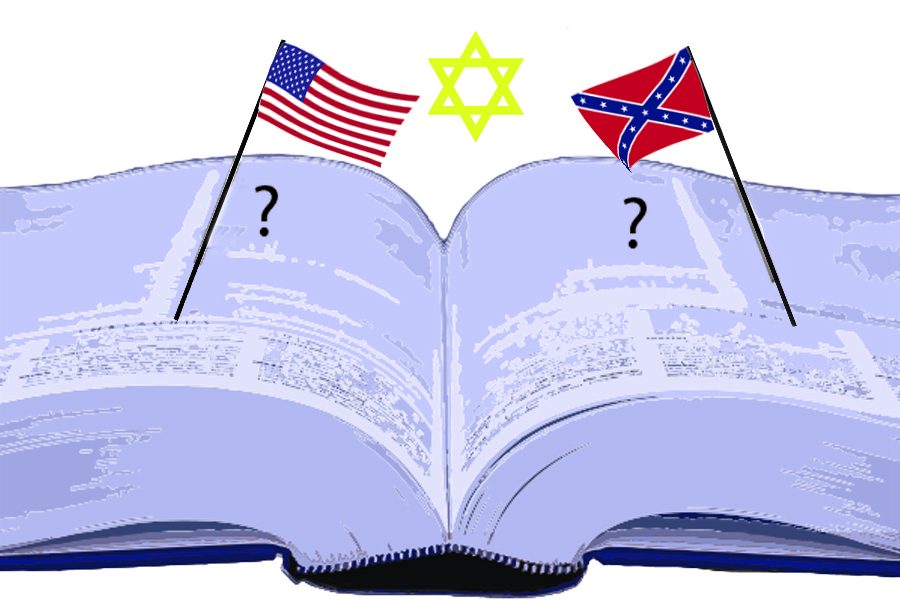Remembering the past, textbooks should not ignore history
History is complicated and filled with different sorts of nuances and perspectives. These perspectives, however, are what help provide us with a holistic understanding of our past. If we cannot learn history as it truly happened while we are students, then we will not be able to learn from past mistakes as adults.
This sentiment reigns true in light of a survey released earlier this month revealing that a significant portion of American adults do not have basic knowledge of the Holocaust. The number of people who died, the names of concentration camps and the reasons for the horrific events that unfolded are being lost in history.
Though museums and memorials do a spectacular job explaining this period of history, educators must also teach these lessons accurately in classrooms for students who may not have the opportunity to visit these museums. The Holocaust is only one event that is being skewed or edged out of history textbooks, which presents a threat to future generations.
In 2014, the College Board presented a new framework for the Advanced Placement U.S. History curriculum, which would “encourage a critical analysis of America’s founding narrative.” Conservative politicians raised an uproar over this adjustment and challenged the College Board on the new curriculum.
Challenging a curriculum like this is dangerous. It could alter the perspectives in which students learn about the slave trade, the Trail of Tears, the Civil War, Reconstruction, the era of Jim Crow, the Holocaust, Japanese internment camps during WWII and the Civil Rights movement – and that could just be scratching the surface.
Certain eras of history could be “contested” by different textbooks. In Texas, for example, textbooks began downplaying slavery and avoided it as a cause of the Civil War. Additionally, these books, released in 2015, virtually neglected the era of Jim Crow laws that followed.
This is hardly a new trend for Southern states. Depending on the geographic region, states have taught students about the Civil War differently over the 150 years since the war actually ended. Northern states have focused on slavery and states’ rights being causes for the war, while Southern textbooks typically focus on only the latter.
History is not subjective. We can learn about history from various perspectives for a more holistic understanding of the past, but textbooks should not be omitting facts. It is disrespectful to past generations who experienced these events and their descendants, and it is unfair to future generations who will not have a complete view of history.
Learning about history is not always easy. We find out a great deal about our culture that we might not be proud of. But being taught about the negative aspects of our country’s history is not supposed to shame us for being American.
The whole point of learning history is to enable us to repeat the successes and avoid repeating the failures of the past.
If textbooks are not teaching students the same facts, then we will have a portion of our population left with gaps of knowledge. And if we are unable to recognize past failures, then we will inevitably repeat them.
This is an opinion article and does not reflect the views of The Tulane Hullabaloo. Daniel is a senior at Newcomb-Tulane College. He can be reached at [email protected].
Your donation will support the student journalists of Tulane University. Your contribution will allow us to purchase equipment and cover our annual website hosting costs.

















Leave a Comment